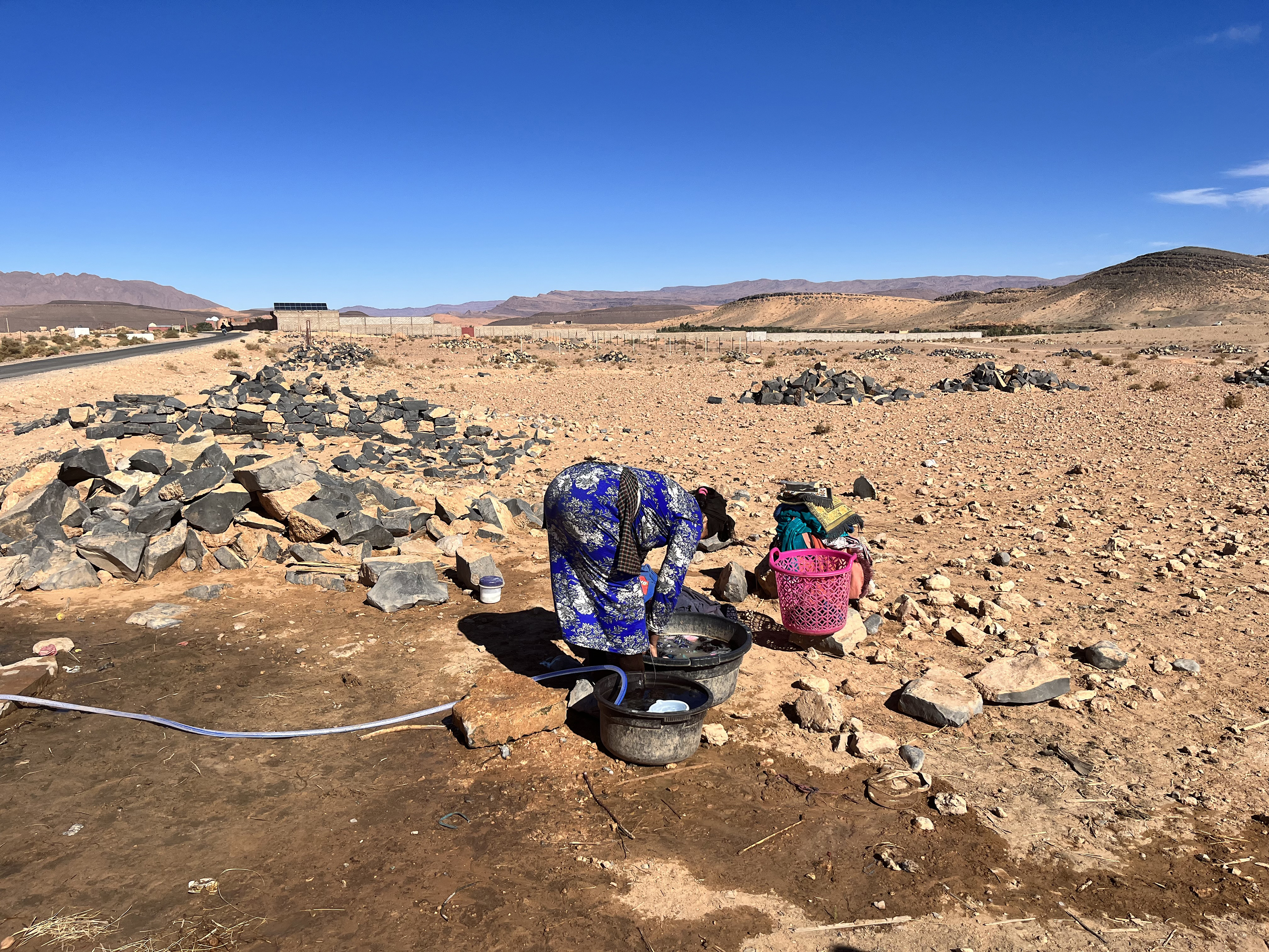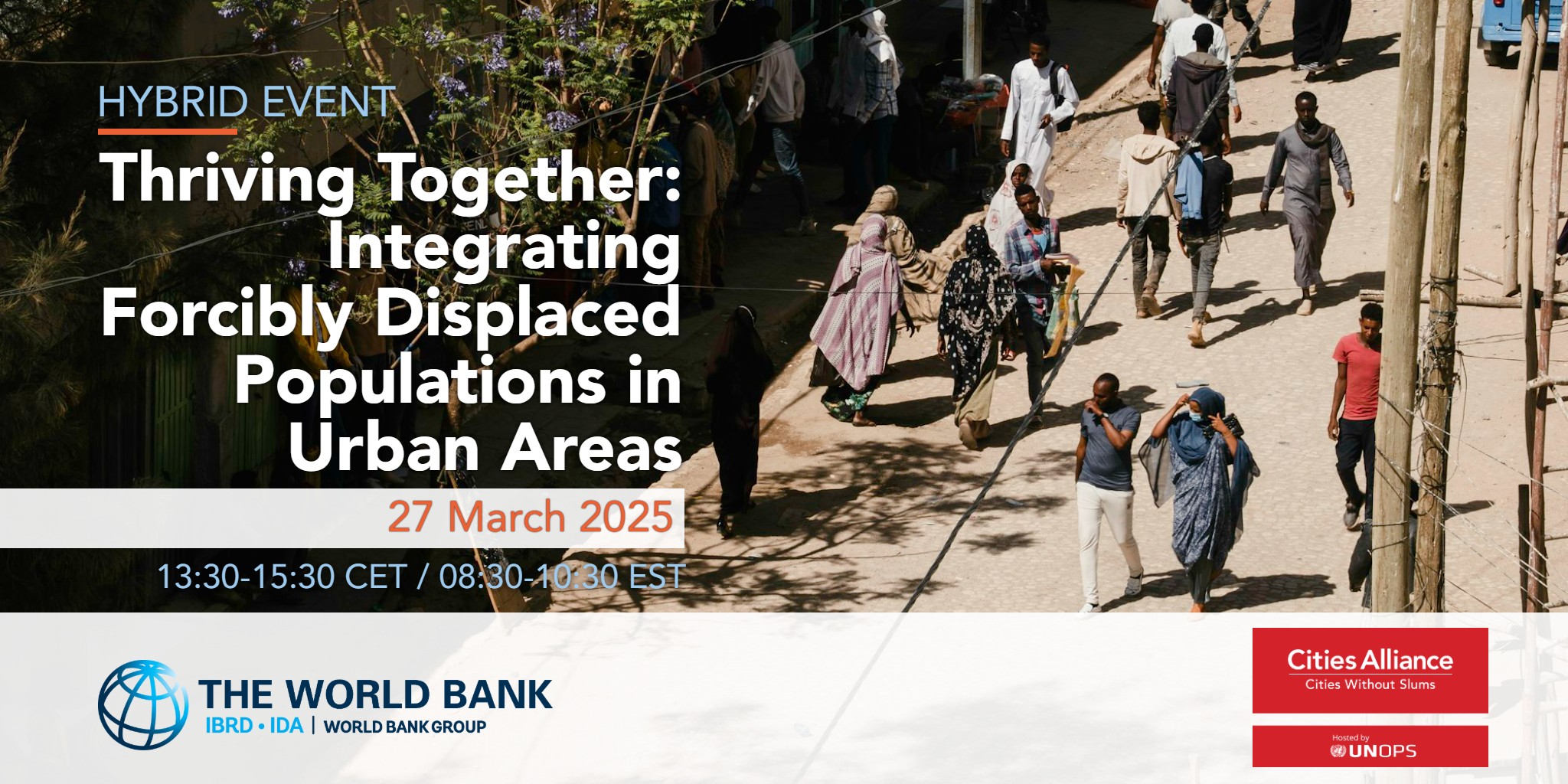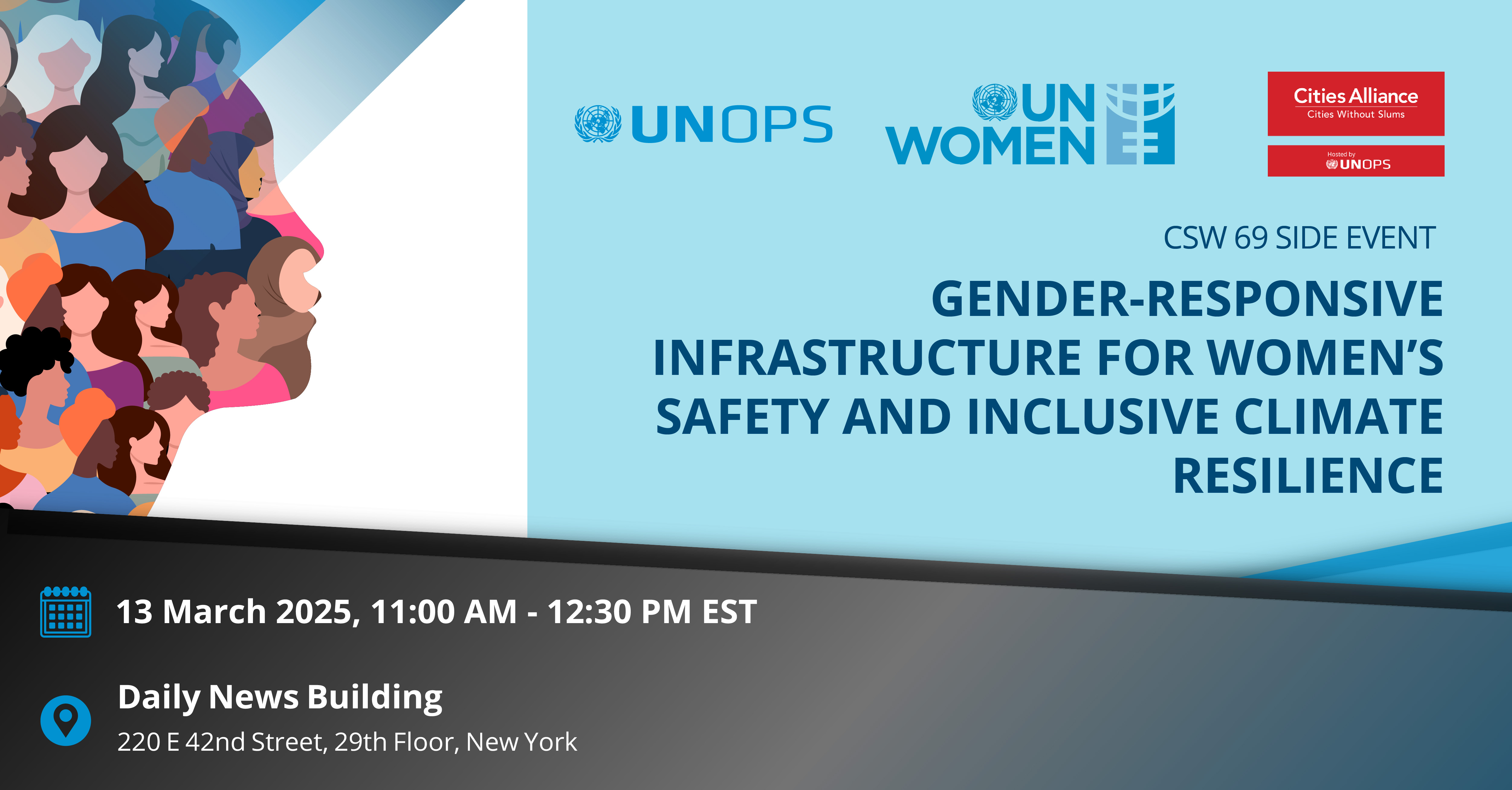- Who We Are
- How We Work
- Regional / Country Initiatives
- Legacy
- Core Themes
- Working Groups
- Portfolio & Results
- Newsroom
- Resources
WEFE Nexus in Cities: Translating EU policy into urban investments

Webinar on how EU policy can be translated into actions that localise the Water-Energy-Food-Ecosystems nexus in cities.
Cities, constrained by limited space and resources, rely on deeply interconnected systems of water, energy, food security, and natural ecosystems. However, the escalating impacts of climate change—evident in more frequent extreme weather events, heatwaves, rising sea levels, and increasing food and water insecurity—pose profound challenges, especially in the MENA Region, warming up at twice the global rate.
Traditional approaches to climate change adaptation and mitigation often overlook the intricate interdependencies between these systems. For instance, the growing reliance on air conditioning during heatwaves to mitigate the urban heat island effect is highly energy-intensive, often relies on fossil fuels, releasing heat into the environment leading to further ecosystem degradation and exacerbating social inequalities as low-income households may struggle to afford such equipment. By prioritising a single resource, these approaches frequently compromise the sustainability and resilience of other sectors.
These mono-sectoral approaches, further fragilising the urban ecosystems, also have gendered repercussions. Women are particularly vulnerable to climate change impacts due to their socio-economic status, roles in families and communities, and limited access to resources. But as they are marginalised from decision-making processes, urban planning and climate change adaptation and mitigation strategies fail to incorporate gender perspectives and gender-sensitive measures.
To address these crucial cross-sectoral challenges and gender-blind climate solutions, Cities Alliance developed the Her4WEFE toolkit. Highlighting the importance of integrating gender considerations within the Water-Energy-Food-Ecosystems (WEFE) Nexus, the toolkit underscores how women's knowledge, leadership, and equitable participation can enhance climate resilience and sustainability for all.
Local governments in countries in the Southern Mediterranean have demonstrated leadership through transformative projects tackling these issues. However, they face significant barriers, including capacity gaps, limited funding, and isolation amid regional crises and mounting climate stress. Organised by ECDPM, this roundtable will bring together practitioners and policymakers to explore how EU policies can be translated into actionable strategies that localise the Water-Energy-Food-Ecosystems (WEFE) nexus in urban contexts in the region.
Agenda
09:30 Introduction, San Bilal, Director, ECDPM
09:35-10:25 Roundtable discussion
Moderator, Hanne Knaepen, Head of Climate Action and Green Transition, ECDPM
Speakers:
- Giulia Maci, Senior Urban Specialist MENA and Gender, Cities Alliance
- Belynda Petrie, CEO and co-founder of OneWorld Sustainable Investments
- Eva Baños de Guisasola, Senior Adviser - Global agendas, SDGs and Climate, Platforma
- Hicham Bouziane, Director of Planning and Regional Development, Council of the Tangier-Tetouan-Al Hoceima Region, Morocco
- Vittorio Capici, Programme Officer Migration and Forced Displacement, DG INTPA, European Commission
10:25-10:40 Q&A
10:40-10:45 Conclusion and next steps, Amandine Sabourin, Policy Officer, European Foreign and Development Policy, ECDPM
Register here.




